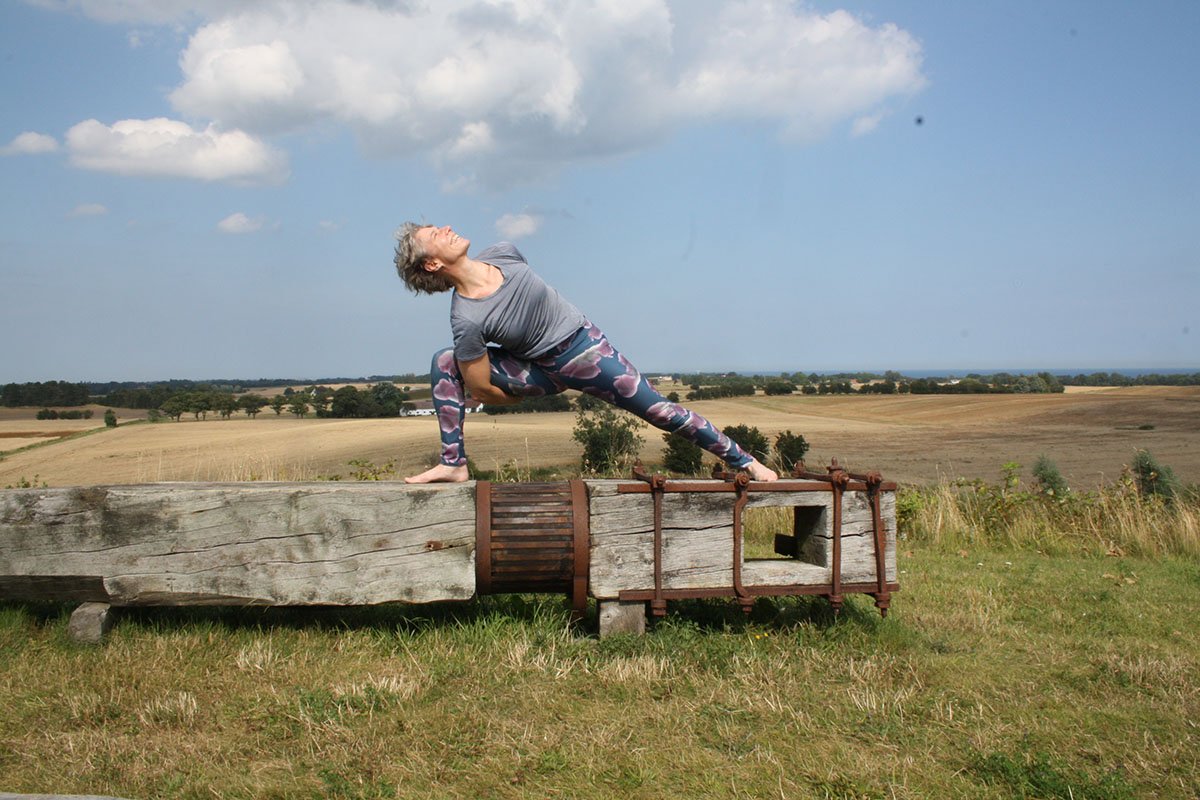In which I try not to be an asshole
When I was a young teenager preparing for my confirmation ceremony in the Danish Lutheran church, I remember the pastor saying something about all humans always being sinners, regardless of what we do. This, he explained, was the main difference between Catholic and Protestant versions of the Christian faith: in the former, you can buy absolution, in the latter you cannot. Something about Biblical translations and wording, I honestly don’t remember.
I make no comment on the accuracy of this interpretation or its alignment with the Lutheran faith. My point is about its value as a motivation for being in right relationship with others.
At the time, I asked the pastor why I should try to “do good,” if I was condemned to be a sinner forever anyway. It seemed like a losing proposition. No matter what I do, I’m bad, full stop. But he insisted: trust me, he said, it will liberate you to think of each action as its own thing, evaluating its effect on others, correcting course as needed.
This is what I think of when I think of racism. We are all swimming in a sea of structural racism (and sexism and transphobia and all the other phobias). Those of us who are racialized as white benefit from these racist structures, whether we mean to or not. We embody them. And as such, we are racist by definition. No amount of incantation or willpower or “being good” can place us outside of this. Our relationships, word-use, and ways of valuing each other are saturated with it. We cannot escape.
What we can do, is try to do better regardless. For the sake of alleviating suffering, our own included. For the sake of overcoming pain. For the sake of ultimately, eventually, in a couple of generations or ten, maybe, shifting the structures that cause so much harm.
This can be a hard shift to make. If you, like me, grew up white in Denmark in the 70s and 80s, you’ll have learned to think of yourself as colorblind, and of racists as people who, explicitly and with malice, say bad things about those with darker skin. When I have this conversation with white Europeans my own age, they often ask me the same question I asked my pastor: what’s the point? If I am racist anyway, why even try?
And I give the same answer he gave: because it liberates you to focus on your humanity and that of those who surround you. All you have to do is look at your actions, evaluate their effects on yourself and others, and own the consequences. Or, as another mentor told me: Don’t worry about being racist, that ship has sailed. Just worry about whether you’re being an asshole right now.

